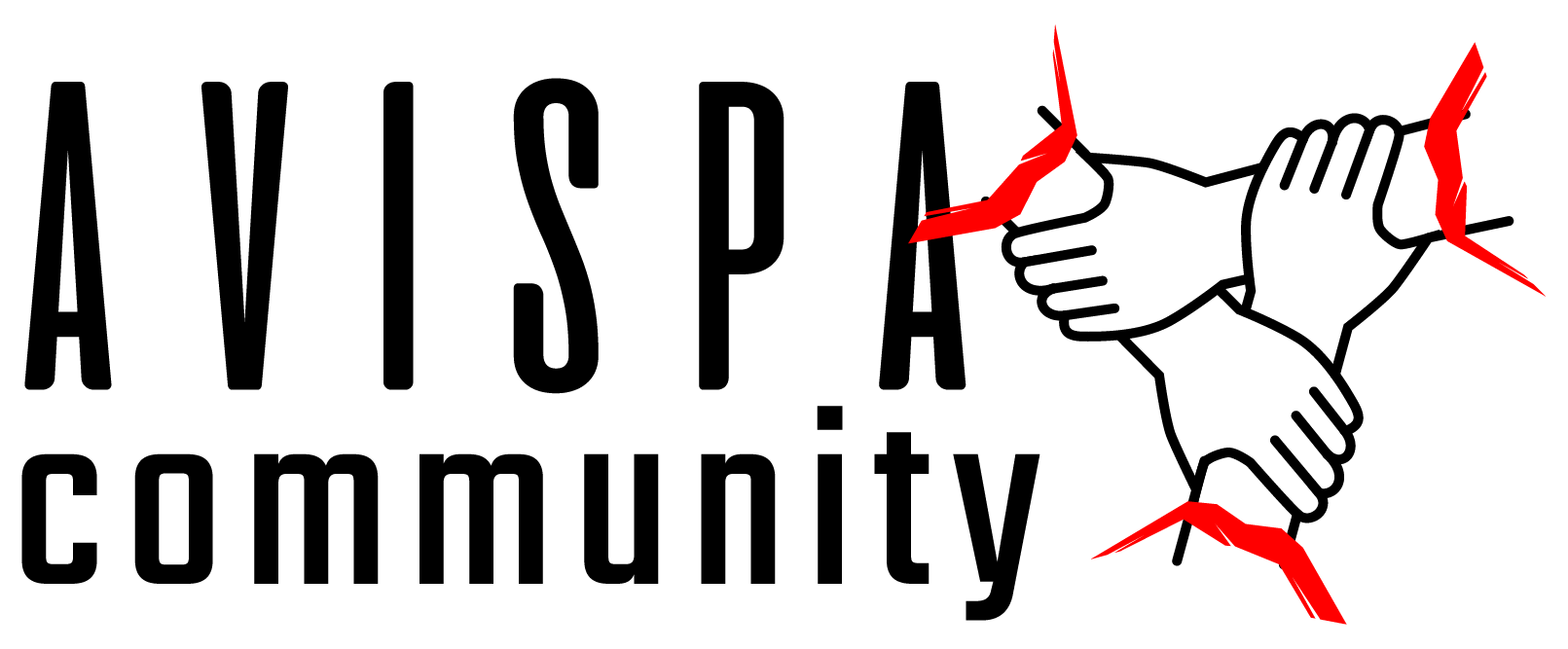Photo from the archive. Migrants wait outside a bus station. By: Santiago Navarro F
Shelters and civil society organizations that serve and accompany migrants in need of international protectiondenounced the current humanitarian crisis in Mexico City as “a consequence of restrictive and unsustainableimmigration policies.”
For the past two years, organizations and shelters have been raising the alarm about the potential consequences of changes to United States immigration policies in collaboration with the Mexican government. They argue that “Mexico has consolidated itself as the external border of the United States, signing agreements behind closed doors which have had serious effects on the human rights of migrants in Mexican territory. As a result of these agreements, thousands of people have been trapped immobilized with irregular immigration status in a growing number of cities across the country.”
Mexico City has become a strategic transit point and a destination for thousands of migrants. This has resulted in the overcrowding of civil society shelters and spaces, which for the past year have been serving up to 900% of their capacity. “We insist, the current humanitarian crisis in Mexico City is the responsibility of the authorities, and not of the migrants and those seeking protection.”
The organizations point out that more and more migrants are arriving to Mexico City, and they are staying for longer periods of time, or even indefinitely. This has transformed the capital city into a destination and “it merits comprehensive public policies of attention and integration.”
The organizations denounce that policies of restrictive contention have focused on persecution and detention of migrants, and in hindering the regularization of their migratory status. These policies generate conditions of greater risk and vulnerability for migrants, like what has happened in the last few years with multiple highway accidents involving migrants.
These policies have even included illegal actions like preventing, via private transport companies, certain people without documents from buying a plane or bus ticket within national territory.
These policies have forced people to seek out alternative means of travel including by train or by semitruck, which are controlled by organized crime networks “that operate with the consent and even participation of the authorities.”
The organizations point out that “there has been a willingness to dialogue with the authorities of Mexico City.” However, they consider that “the meetings are only a simulation, where minimal support is given, continuing to leave civil society with the responsibility.”
Furthermore, the different organizations have recorded situations of maltreatment and abuse, such as illegal fees being applied in spaces provided by authorities. “All this has resulted in people being forced to live in the streets in front of shelters, government institutions, churches, hospitals, and bus terminals. This situation puts migrants at greater risk, as families with children and adolescents are exposed to dangers like child tracking,” they say.
This situation “causes tension with local communities and leads to discrimination and xenophobia toward migrants.”
The organizations are demanding transparency and accountability related to agreements reached between Mexico and the United States. Furthermore, they are demanding adequate and integral programs to regularize the immigration status of migrants, along with attention to specific needs like pathways for migrants to access permanent residency.
The organizations and shelters that signed the communique are: Casa de Acogida, Formación y Empoderamiento para Mujeres y sus Familias Migrantes (Cafemin), Casa Tochan, Casa Peñas, Albergue Constitución, Asociación de Nicaragüenses en México, Apoyo a Migrantes Venezolanos, A.C., Colectivo Ustedes Somos Nosotros, Fundación Humano y Libre, Plataforma Todos Somos Venezuela, Programa Casa Refugiados, Programa de Asuntos Migratorios de la Universidad Iberoamericana Ciudad de México.


